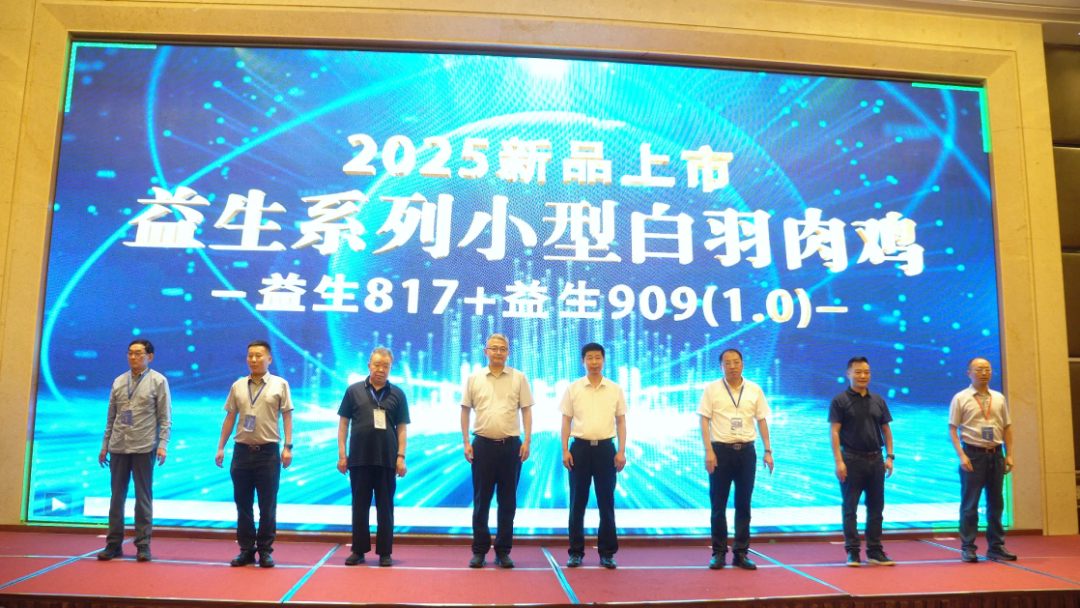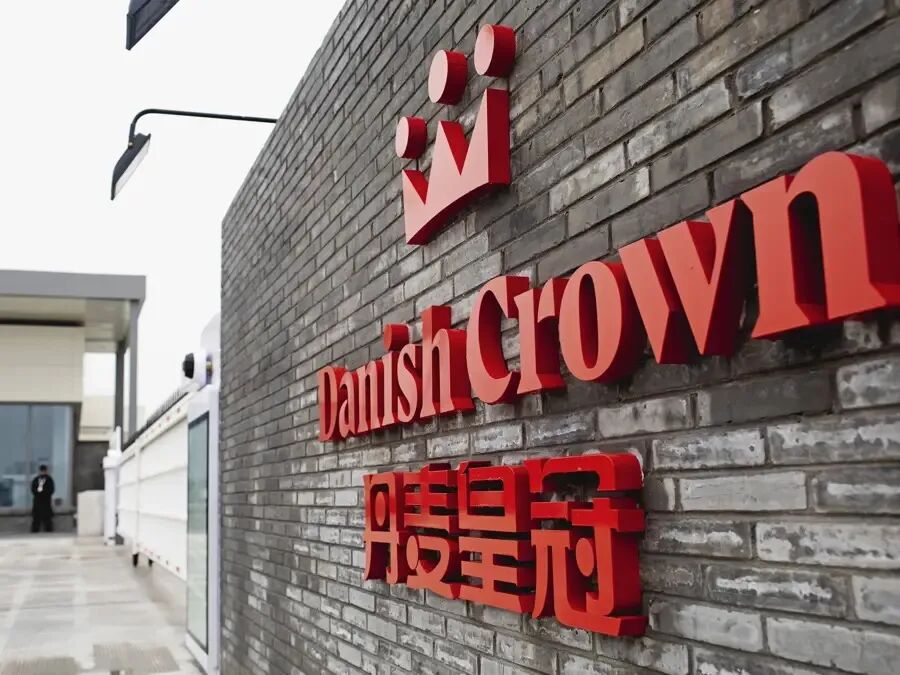Dekon, a leading Chinese pig producer, is pioneering a “Company + Family Farm” model that empowers farmers while driving efficiency and sustainability. In his mid-year report speech, Chairman Wang Degen reaffirmed the company’s mission to align rural revitalization with global livestock standards. With rising profits, advanced European benchmarks, and strong farmer partnerships, Dekon positions itself as a new model for China’s agri-tech transformation.
In a rare personal address accompanying Dekon’s 2025 interim report, Chairman Wang Degen laid out a vision that diverges sharply from traditional agribusiness models. “We don’t compete with farmers for profit; we aim to thrive with the times,” he declared, framing Dekon not just as a livestock producer, but as a platform enterprise enabling rural prosperity.
This speech marked Wang’s first public message since his return to the chairman role in April, succeeding his elder brother Wang Dehui. For the previous five years, Wang Dehui served as chairman. In contrast to the brief updates typically given by President Yao Hailong, this new message was more philosophical, aligning business strategy with national rural revitalization goals.
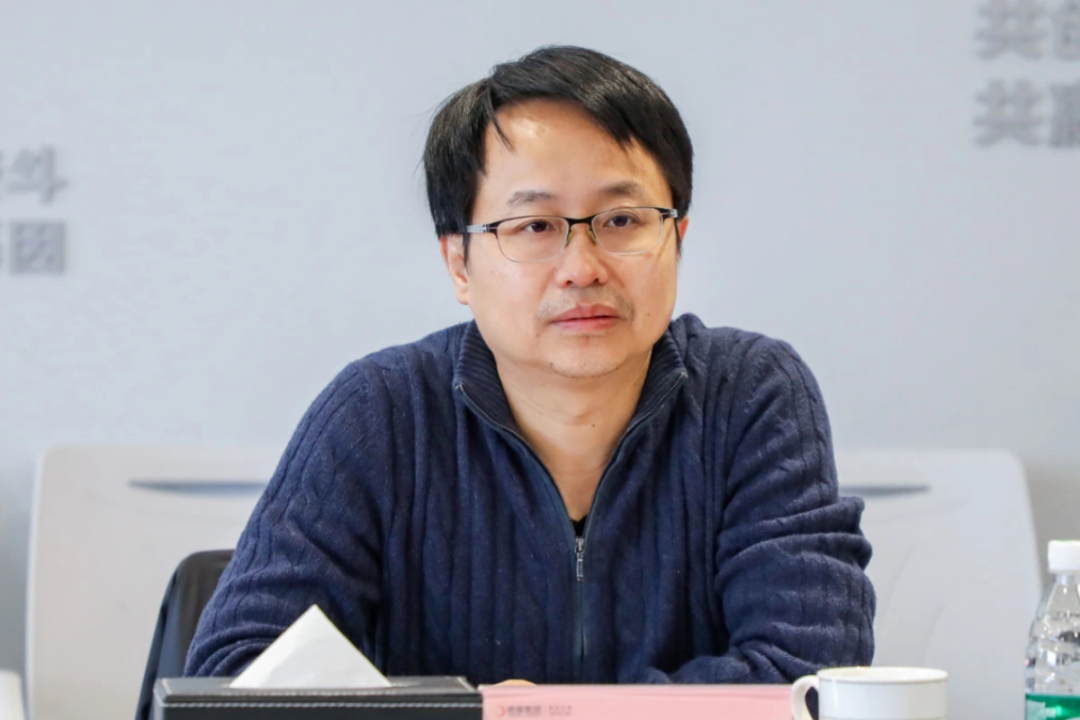
Wang Degen
Innovation in Farming: A Platform for Shared Value
Dekon’s core innovation lies in what it calls the “Type II Family Farm” model, which flips the conventional integration logic on its head. Instead of outsourcing only fattening, Dekon entrusts breeding sows to farmers, enabling the full pig production cycle—breeding, farrowing, and fattening—to take place locally on family farms. This shift minimizes pig transportation, reduces biosecurity risks, and empowers rural households with ownership over the most technically demanding part of pig farming.
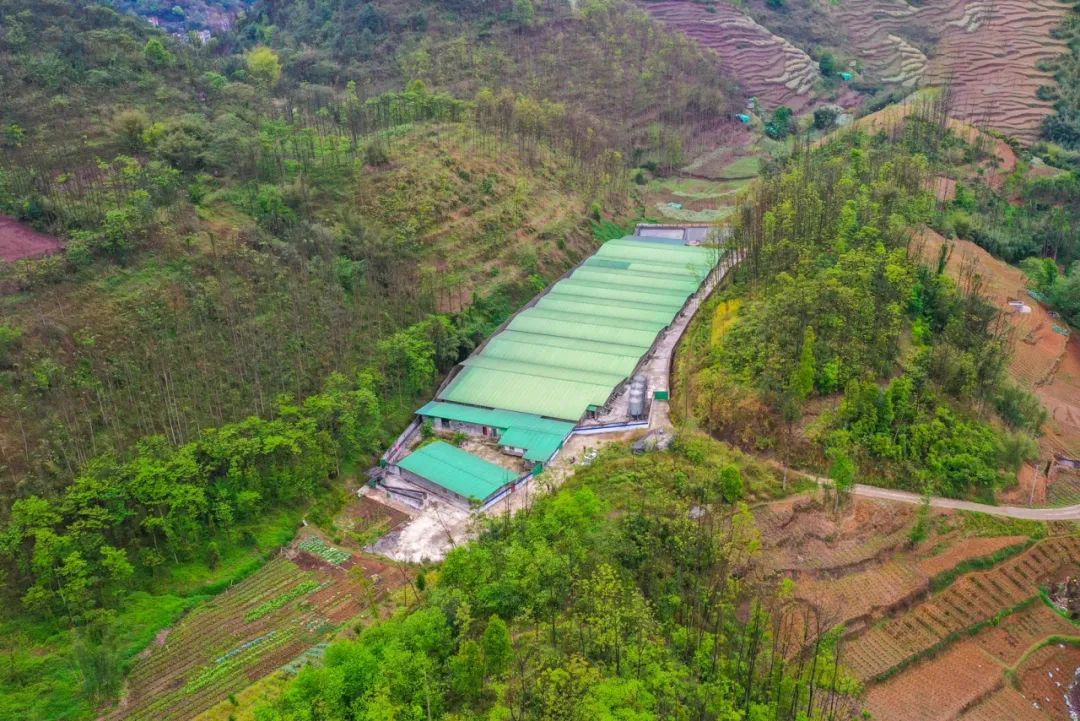
Dekon Type II Family Farm
This approach, initiated in 2016, now stands as a model for low-cost, high-efficiency production. In the first half of 2025, average contract fees per participating household reached CNY 800,000 (about USD 111,420), up 15.5% year-on-year. Meanwhile, partner farms’ PSY rose to 27—a figure that puts Dekon’s cooperative farms among the most efficient in the country.
“I was born in the countryside,” Wang wrote. “I understand the pain points of farmers. That’s why we have always placed their interests first.”
Benchmarking Denmark, Localizing Excellence
Wang emphasized Dekon’s ongoing benchmarking against European farming standards, particularly Denmark. Over the past year, the company dispatched hundreds of personnel to Europe for in-depth study of advanced swine production. “Yes, we see the gap, but more importantly, we see potential,” he noted.
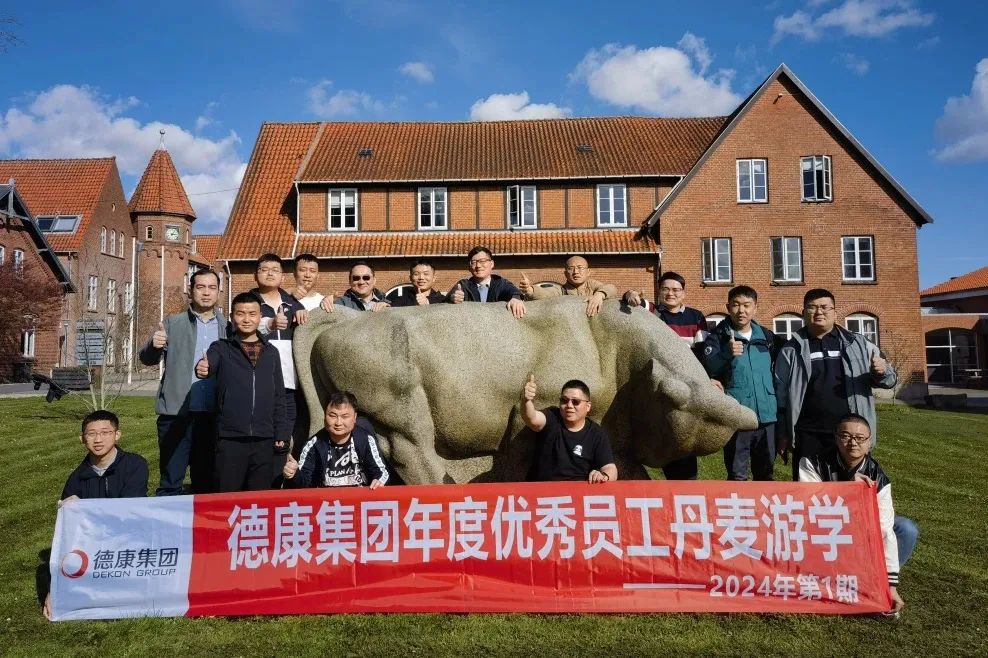
China, with the world’s largest pig market, has the scale and labor drive to lead the sector globally—once it overcomes obstacles such as limited land, weak farmer training systems, and underdeveloped technical capacity.
Dekon’s strategy is to integrate the full supply chain—from feed crops to slaughter and processing—while building domestic breeding systems and professional training networks. The goal: transform farmers from laborers to skilled agri-technicians, equipped for high-value roles.
Building an Agricultural Ecosystem
Dekon’s evolution into a “technology and service-driven platform” is its answer to broader structural challenges in China’s swine industry: overcapacity, thin farm margins, and growing demands around environmental and food safety compliance.
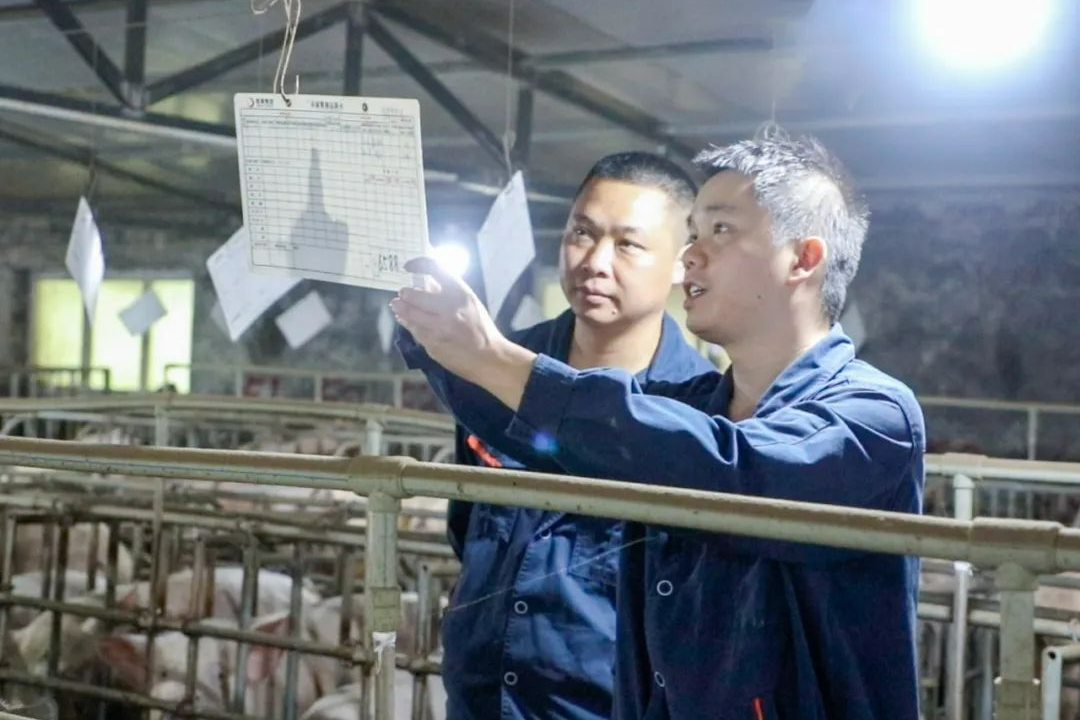
Wang believes this transition requires “doing the hard things.” By combining government subsidies, cutting-edge science, and economies of scale, Dekon aims to build a resilient agri-ecosystem that benefits all stakeholders.
In particular, the firm is targeting China’s 17 million small and mid-sized pig farmers—a group with low productivity and high vulnerability. By raising their efficiency by CNY 400–600 per head (about USD 55.71 –83.57), Dekon hopes to bring both profits and dignity to rural households.
A Sector Leader with Momentum
Dekon has already emerged as a top-tier player. In the first half of 2025, the company sold 5.12 million pigs—a 27.1% year-on-year increase—generating CNY 9.88 billion (about USD 1.38 billion) in revenue from its swine segment, up 32.6%. Industry benchmarks like cost control and per-head profitability remain best-in-class.
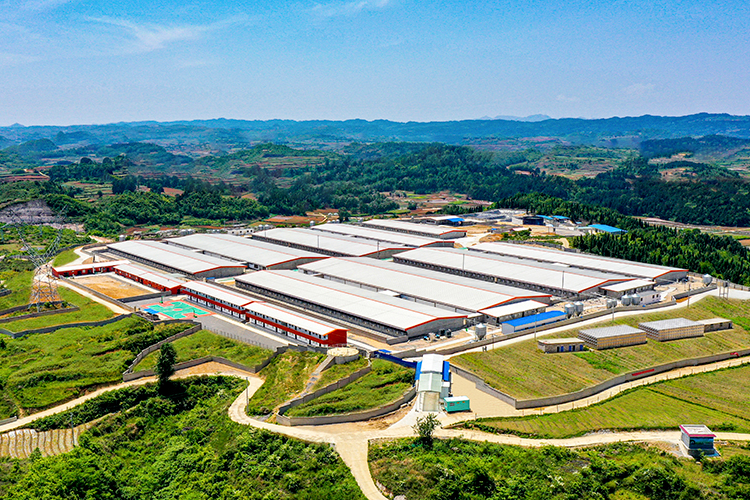
Anshun Dekon Kangzheng Breeding Pig Farm
As Wang concluded: “Our growth stems from a deep understanding of agriculture’s essence—we do not compete with farmers for profits; we share our success with them and with the era.”
With eyes fixed on China’s transformation from agricultural giant to agri-tech powerhouse, Wang closed with a farmer’s pledge in corporate language: “Technology is our bow, ecology is our string. Together, they launch our vision of shared prosperity.”
AgriPost.CN – Your Second Brain in China’s Agri-food Industry, Empowering Global Collaborations in the Animal Protein Sector.


